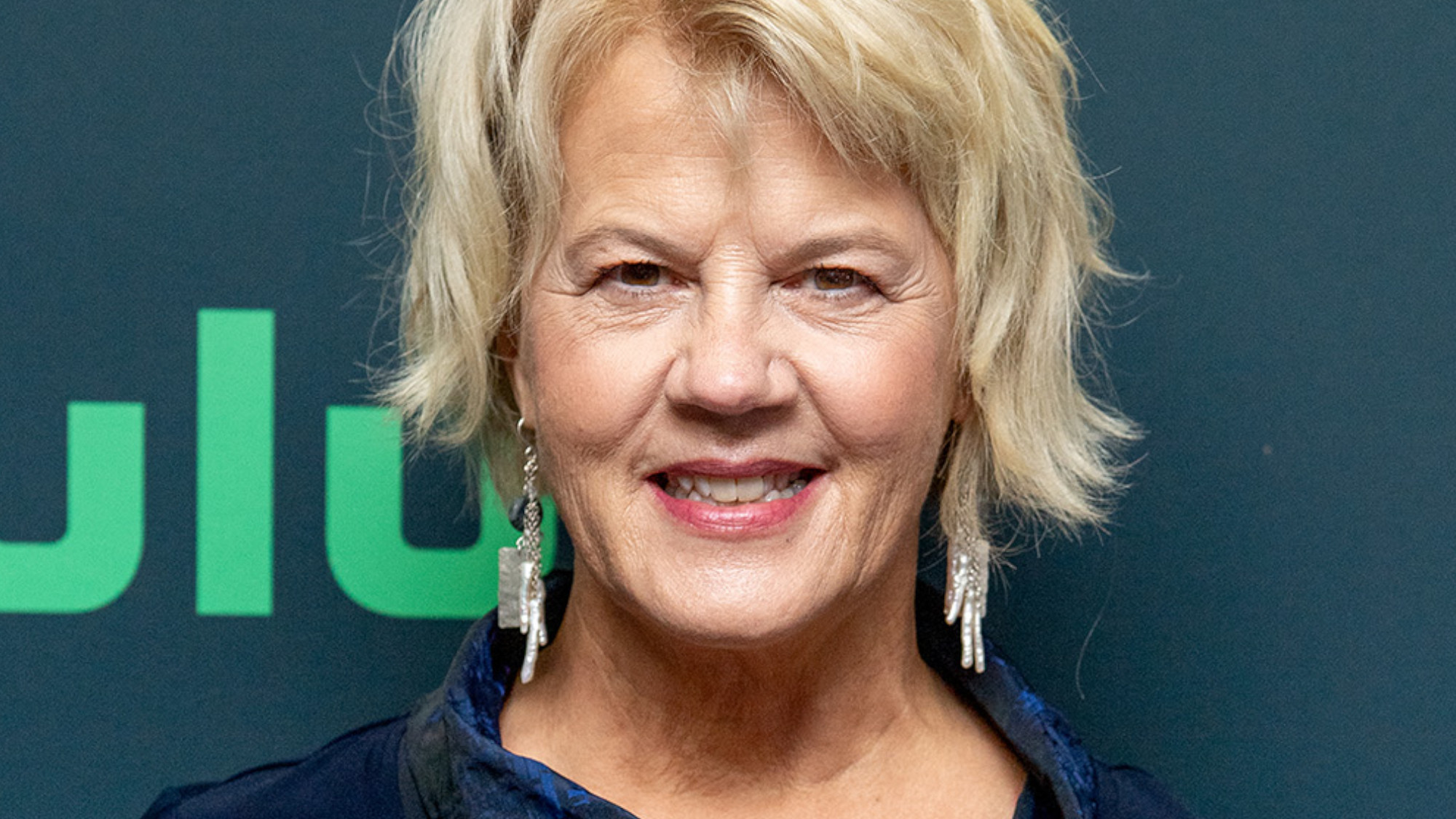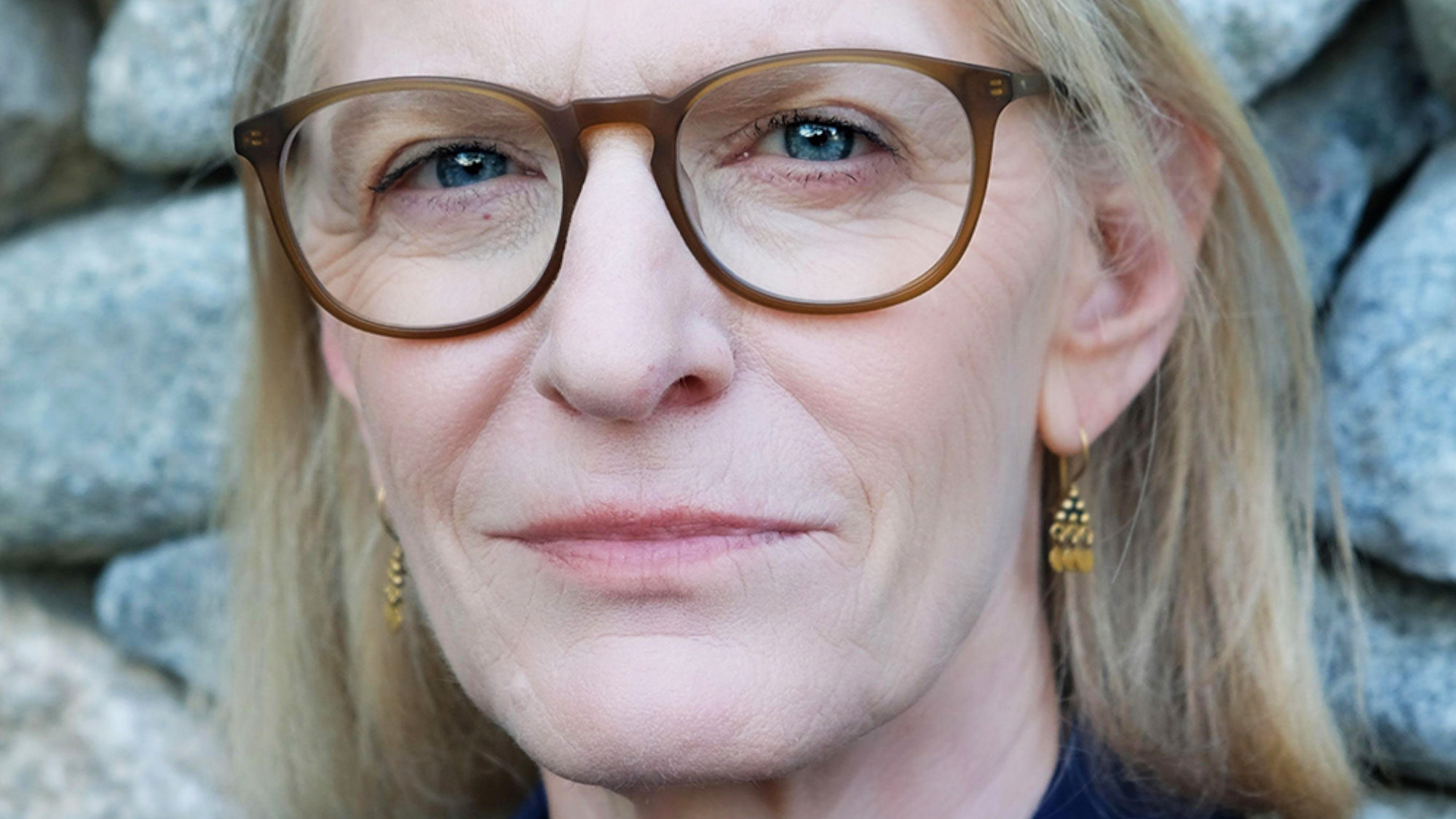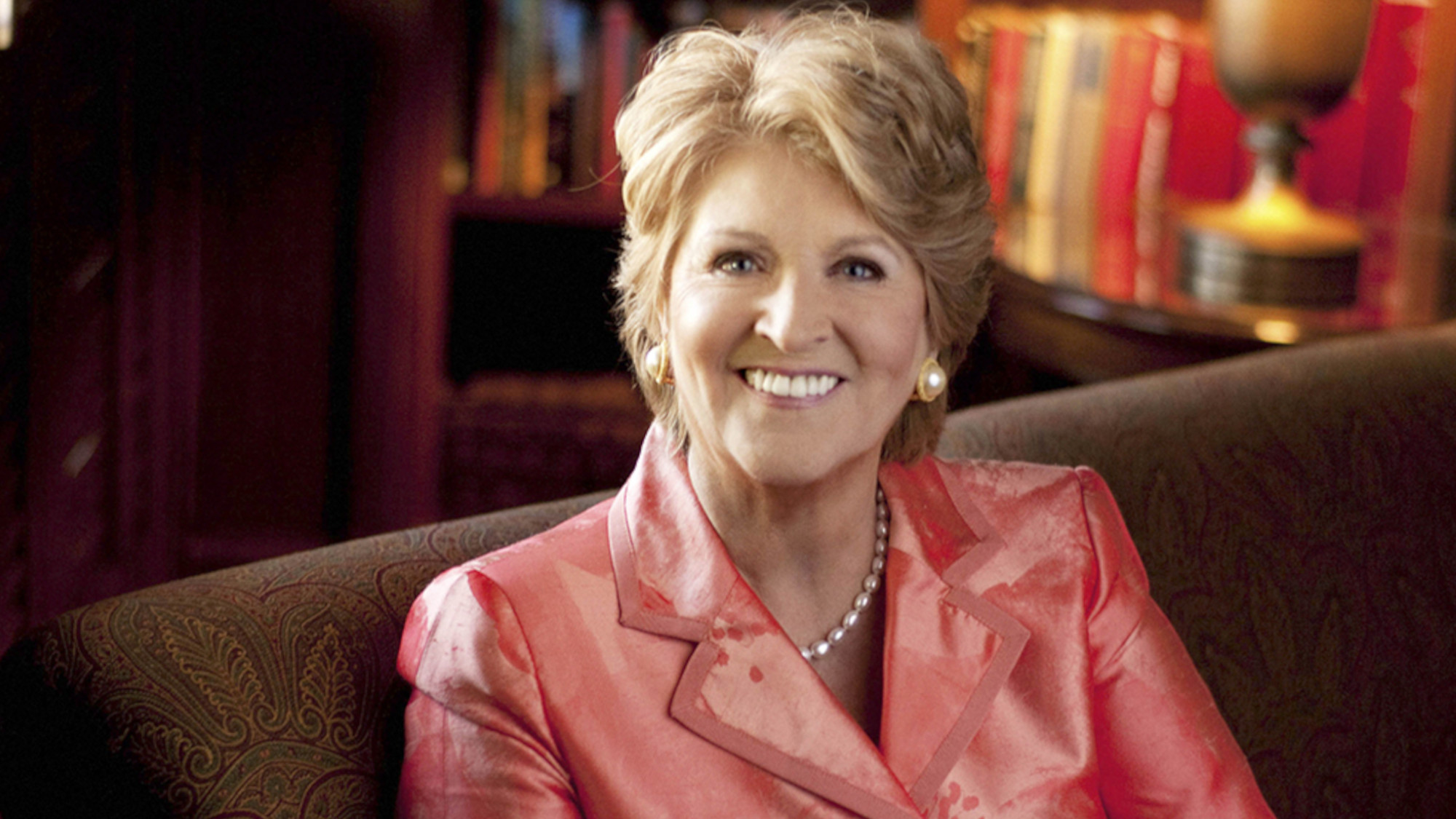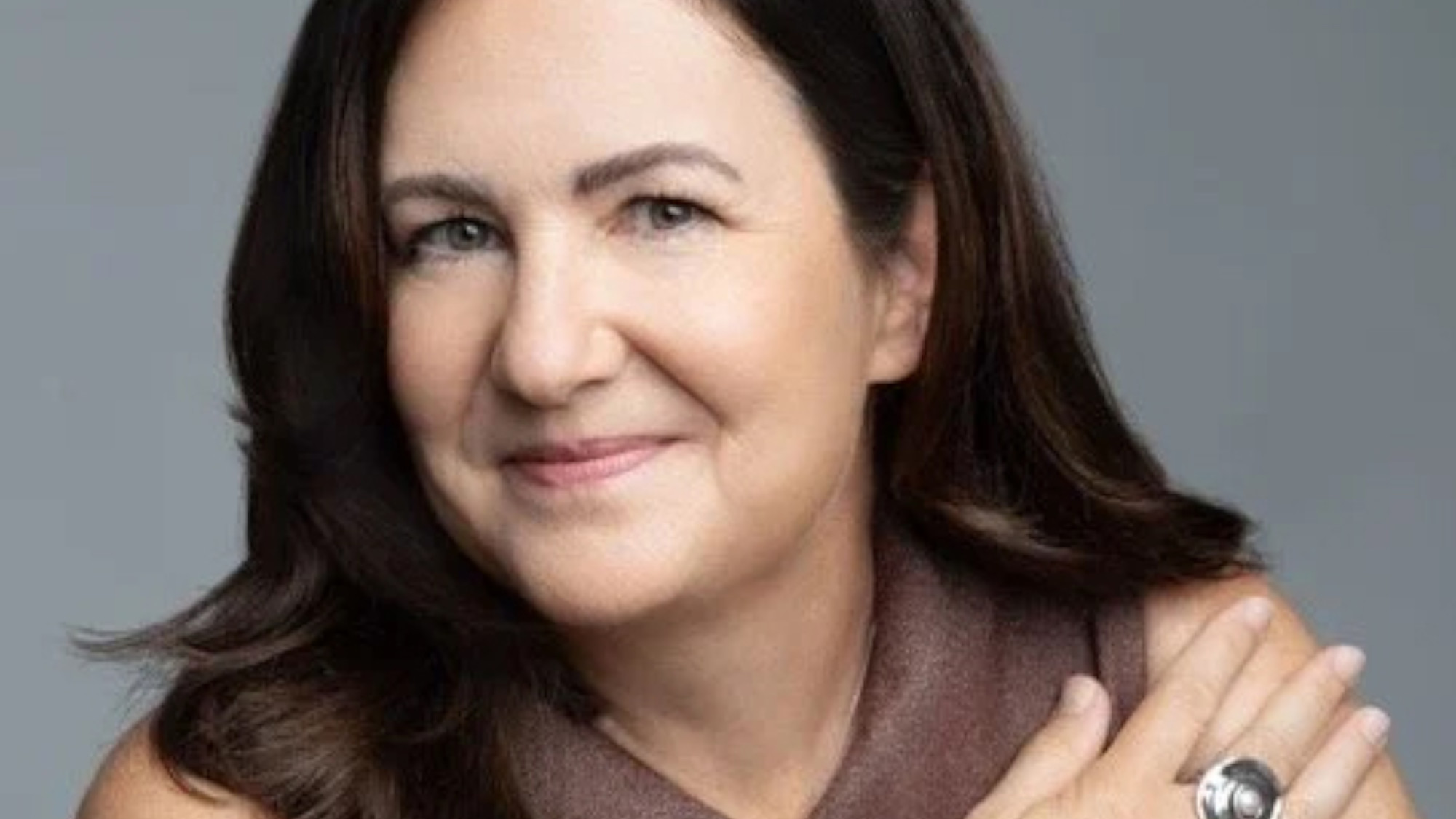Douglas Rushkoff
A free daily email with the biggest news stories of the day – and the best features from TheWeek.com
You are now subscribed
Your newsletter sign-up was successful
Douglas Rushkoff is a syndicated columnist, NPR commentator, and adjunct professor of virtual culture in New York University’s Interactive Telecommunications Program. His most recent book is Exit Strategy (iPublish.com, $15).
Cosmic Trigger Trilogy by Robert Anton Wilson (New Falcon Publications, $10 to $15 each). Wilson’s journey through the “chapel perilous” of coincidence and paranoia is a mind-expanding, life-changing story. He is at once cosmically universal and shockingly intimate.
The Five Books of Moses: Genesis, Exodus, Leviticus, Numbers, Deuteronomy translated by Everett Fox (Schocken Books, $25). These are the foundation myths of a civilization, and when you read them you’ll find they say altogether different things from what we are taught. Fox’s translation is poetic, yet stark, giving us some small hint about how these allegories were understood by those who heard them first.
The Week
Escape your echo chamber. Get the facts behind the news, plus analysis from multiple perspectives.

Sign up for The Week's Free Newsletters
From our morning news briefing to a weekly Good News Newsletter, get the best of The Week delivered directly to your inbox.
From our morning news briefing to a weekly Good News Newsletter, get the best of The Week delivered directly to your inbox.
Understanding Media by Marshall McLuhan (MIT Press, $20). McLuhan helped me realize that everything is media. Not just TVs and radios but the zipper on your jacket and the air through which you sigh. If you don’t understand media, you really can’t understand anything.
Vurt by Jeff Noon (St. Martin’s Press, $14). This was the most fun I’ve had reading a book; Noon has a fantastically original way of depicting fantasy worlds. Vurt is the first book I read that seems less written than it is painted. Noon is a sci-fi/fantasy writer for people who thought sci-fi was over.
Jude the Obscure by Thomas Hardy (Penguin USA, $8). For my money, the best novel that was ever written or will be written. It marks the height of form, dangling between those great Victorian novels and the modernist ones that were yet to come. You’re getting better than the best of Brontë or Dickens here, as well as a preview of Woolf and Joyce. This is the novel I try to emulate.
Battle for God by Karen Armstrong (Ballantine Books, $15). This book explains how fundamentalism began in Judaism, Christianity, and Islam, and why it continues to plague us in spite of our better instincts. Armstrong, a former nun, is honest and transparent-an insightful teacher on the often tragically misunderstood relationship between mythos and chronos.
A free daily email with the biggest news stories of the day – and the best features from TheWeek.com
-
 6 of the world’s most accessible destinations
6 of the world’s most accessible destinationsThe Week Recommends Experience all of Berlin, Singapore and Sydney
-
 How the FCC’s ‘equal time’ rule works
How the FCC’s ‘equal time’ rule worksIn the Spotlight The law is at the heart of the Colbert-CBS conflict
-
 What is the endgame in the DHS shutdown?
What is the endgame in the DHS shutdown?Today’s Big Question Democrats want to rein in ICE’s immigration crackdown
-
 Beth Macy’s 6 favorite books about living in a divided nation
Beth Macy’s 6 favorite books about living in a divided nationFeature The journalist recommends works by Nicholas Buccola, Matthew Desmond, and more
-
 Gilbert King’s 6 favorite books about the search for justice
Gilbert King’s 6 favorite books about the search for justiceFeature The journalist recommends works by Bryan Stevenson, David Grann, and more
-
 Nathan Harris’ 6 favorite books that turn adventures into revelations
Nathan Harris’ 6 favorite books that turn adventures into revelationsFeature The author recommends works by Kazuo Ishiguro, Ian McGuire, and more
-
 Marisa Silver’s 6 favorite books that capture a lifetime
Marisa Silver’s 6 favorite books that capture a lifetimeFeature The author recommends works by John Williams, Ian McEwan, and more
-
 Lou Berney’s 6 favorite books with powerful storytelling
Lou Berney’s 6 favorite books with powerful storytellingFeature The award-winning author recommends works by Dorothy B. Hughes, James McBride, and more
-
 Elizabeth Gilbert’s favorite books about women overcoming difficulties
Elizabeth Gilbert’s favorite books about women overcoming difficultiesFeature The author recommends works by Tove Jansson, Lauren Groff, and more
-
 Fannie Flagg’s 6 favorite books that sparked her imagination
Fannie Flagg’s 6 favorite books that sparked her imaginationFeature The author recommends works by Johanna Spyri, John Steinbeck, and more
-
 Jessica Francis Kane's 6 favorite books that prove less is more
Jessica Francis Kane's 6 favorite books that prove less is moreFeature The author recommends works by Penelope Fitzgerald, Marie-Helene Bertino, and more